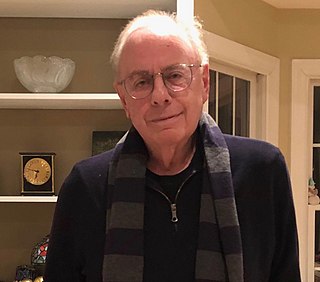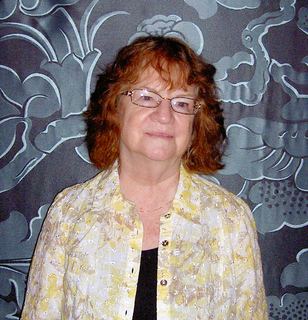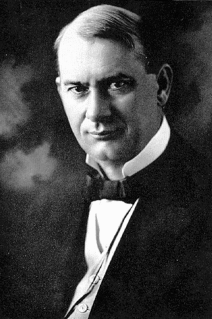A Quote by James Joyce
The artist, like the God of the creation, remains within or behind or beyond or above his handiwork, invisible, refined out of existence, indifferent, paring his fingernails.
Related Quotes
The personality of the artist, at first a cry or a cadence or a mood and then a fluid, and lambent narrative, finally refines itself out of existence, impersonalises itself, so to speak. The aesthetic image in the dramatic form is life purified in and reprojected from the human imagination. The mystery of aesthetic like that of material creation is accomplished. The artist, like the God of the creation, remains within or behind or beyond or above his handiwork, invisible, refined out of existence, indifferent, paring his fingernails.
The annual World Day of Prayer for the Care of Creation will offer individual believers and communities a fitting opportunity to reaffirm their personal vocation to be stewards of creation, to thank God for the wonderful handiwork which he has entrusted to our care, and to implore his help for the protection of creation, as well as his pardon for the sins committed against the world in which we live.
Branches grew from his hands, his hair. His thoughts tangled like roots in the ground. He strained upward. Pitch ran like tears down his back. His name formed his core; ring upon ring of silence built around it. His face rose high above the forests. Gripped to earth, bending to the wind's fury, he disappeared within himself, behind the hard, wind-scrolled shield of his experiences.
[God] is perfect not only insofar as He is absolute perfection, defining perfection in Himself and from His singular existence and total perfection, but also because He is far beyond being so. He sets a boundary to the boundless and in His total unity He rises above all limitation. He is neither contained nor comprehended by anything. He reaches out to everything and beyond everything and does so with unfailing generosity and unstinted activity.
I have hitherto followed the lines marked out by the Theist in his attempt to prove that there exists a mind behind natural phenomena, and that the universe as we have it is, at least generally, an evidence of a plan designed by this mind. I have also pointed out that the only datum for such a conclusion is the universe we know. We must take that as a starting point. We can get neither behind it nor beyond it. We cannot start with God and deduce the universe from his existence; we must start with the world as we know it, and deduce God from the world.
God is Infinite and His Shadow is also infinite. The Shadow of God is the Infinite Space that accommodates the infinite Gross Sphere which, with its occurrences of millions of universes, within and without the ranges of men's knowledge, is the Creation that issued from the Point of Finiteness in the infinite Existence that is God.
For one who feels compelled, as I do, to accept the existence of the Master Architect, it is important to examine his handiwork for the light it throws on him and on his program for his children. For me, there has been no serious difficulty in reconciling the principles of true science with the principles of true religion.
Now the basic impulse behind existentialism is optimistic, very much like the impulse behind all science. Existentialism is romanticism, and romanticism is the feeling that man is not the mere he has always taken himself for. Romanticism began as a tremendous surge of optimism about the stature of man. Its aim - like that of science - was to raise man above the muddled feelings and impulses of his everyday humanity, and to make him a god-like observer of human existence.
The young man who closes the door behind him, who draws the curtains, and there in silence pleads with God for help, should first pour out his soul in gratitude for health, for friends, for loved ones, for the gospel, for the manifestations of God's existence. He should first count his many blessings and name them one by one.






































